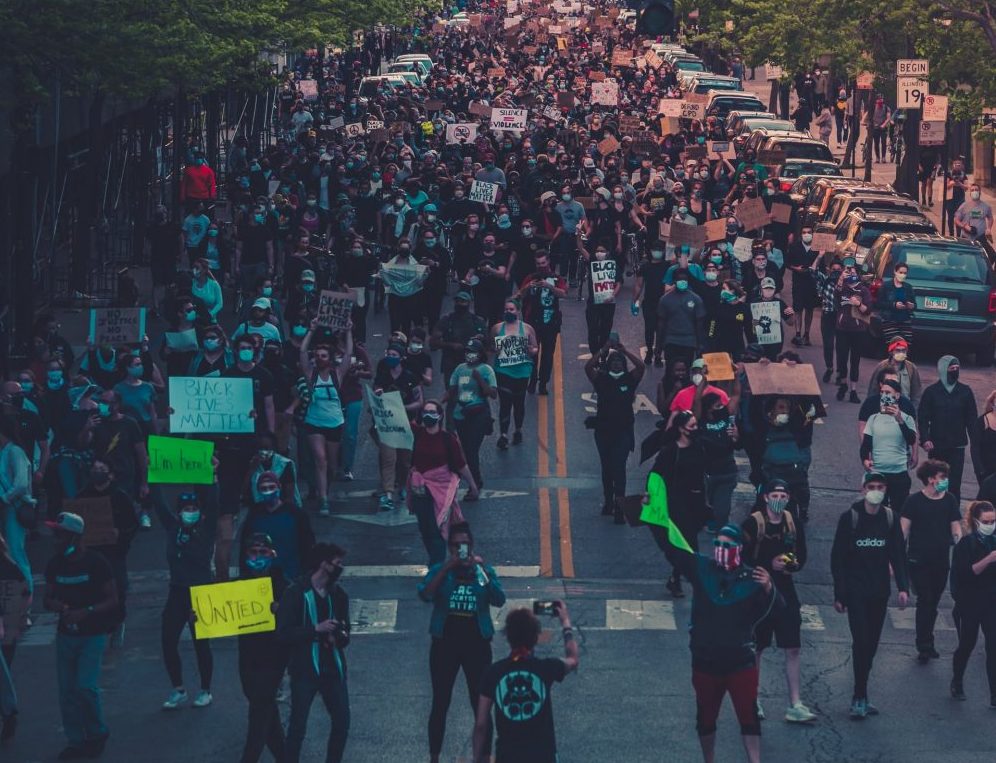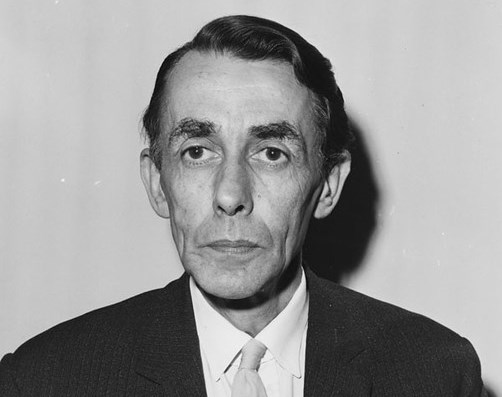Social change usually entails policy change, but policy change does not necessarily require, and in fact often does not lead to, social change. Social change usually requires a more explicit confrontation with the question of power, but policy change can often survive without a clear theorising of power. We can also argue that policy change is preoccupied with only one form of power, as Duncan Green has observed: visible power. Power, in other words, in the realm of authorities, laws, regulations, policies and other codified instruments.
For power-agnostic policy-making of this kind, the underlying theory of change goes something like this. First, we produce “evidence” through research or project implementation, and then we devise an advocacy strategy to channel this evidence in a timely way to the “right people” and “right platforms”. If we get the right evidence to the right people on the right platforms at the right time, goes the thinking, then change will take place. This is the assumption underlying what is popularly known as “evidence-based policy-making”.
Within this theory of change, impact is defined as the ability to influence visible power, tied to institutional benefits and rewards – but it has much less to do with the quality of the evidence that is generated. Impact is understood not so much as real improvements to real people’s lives, but as policy actors’ contributions to an imagined improvement, however obscure the connections may be. For example, researchers may be content with achieving the “impact” of introducing a new poverty measure in a policy document, without considering the impact of the new poverty measure on poor people themselves, or examining whether it improves targeting or, in fact, worsens stigma.
This conception of impact engenders all kinds of moral hazards for policy actors, encouraging them to understate what is actually needed to bring about meaningful social change, and overstate their claims of contributing to what are often quite mediocre goals. In fact, it creates perverse incentives for policy actors to operate narrowly within the pragmatic space of power holders, sometimes even consciously presenting evidence that is known to be appealing to power holders in the name of effecting “implementable recommendations”.
When we are working at the level of visible power, our attempts to achieve policy change mean that we have accepted, as a given, the power structures behind how the policy agendas and policy processes are determined. These behind-the-scenes power structures are to be learned, understood and manoeuvred in order for us to get a seat at the table, but we seldom question, much less challenge, their legitimacy, inclusiveness, norms and effectiveness. We tell ourselves that the most important thing is, to borrow from the musical Hamilton, that you’ve “gotta be in the room where it happens”.
But there is another, far more embedded, form of power that too often goes unchallenged in the policy-making space: that is, the idea that only certain forms of knowledge or rationalities are admissible in the policy-making process. For instance, evidence has to be “scientific” or “technical”, and derived from a sample that is “representative”. Recommendations get more weight if they can demonstrate “economic” contributions, namely those that make a peace offering at the sacred altar of GDP. In the parlance of evidence-based policy-making, not everything counts as “evidence”.
Hence, only those who have mastered the tools of the master, to quote Audre Lorde, will be able to find themselves at ease in their master’s house – or the policy space. Those who are unable to do so will be fish out of water, as Pierre Bourdieu has observed: awkward, uprooted and out of place in the policy world. This leads to what Miranda Fricker describes as epistemic injustice, where the powerful discredit the forms of self-presentation, knowledge and language of the powerless even before they take place.
Of course there are always trade-offs when we question power. Challenging the implicit and embedded power structures that determine what gets discussed, who gets represented and what counts as evidence, may cost those of us who are working for social change our access to visible power, and diminish the good will of power-holders to listen to us. These costs are compounded when impact continues to be defined precisely as, and rewarded for, getting access to the corridors of power.
However, not engaging with power in all its forms means perpetuating and reinforcing a particular set of hierarchy and practices that may well be at the very heart of the problems we are trying to solve. This is not to say that shaping visible power is not important: it is undoubtedly critical in the broader scheme of things. But it is also a highly misguided, partial and flawed approach when visible power becomes the sole focus of any organisation or individual, and when it becomes the dominant mode that shapes the orientation of researchers, technocrats, activists, civil society members and people working for social change.
Reflecting on these issues is important not only for us as individuals when we find ourselves engaging with power at multiple levels in our efforts to help build a better world. There is also a pressing need for social change organisations to inculcate the practice of developing a theory of power in their institutional setup and organisational culture. Why is this so important? Because impact does not stop once we have brought the issues of the groups we represent to the attention and agendas of the powerful. Social justice and genuine inclusion demand that as people focused on social change and social justice we must create spaces and processes for the powerless to represent their own agendas, buttressed by their own forms of knowledge and rationalities. We must also acknowledge the possibilities that these processes may be constrained by our own biases and predispositions.
To quote American political activist Upton Sinclair (with a tweak), “It is difficult to get a [powerful] man to understand something, when his [privilege] depends upon his not understanding it”. If we try to achieve policy change without engaging with power, we are putting our faith in powerful people, and all the blind spots that stem from their privilege, to solve the problems of underprivilege. If we are serious about social change, we must instead ground ourselves in a theoretically informed understanding of power. We must deconstruct privilege, our own and that which we see in the world around us, to enable the powerless to – gradually but surely – shape, drive and move their own social change agenda forward.
This blog post was originally posted on the Atlantic Fellows for Social and Economic Equity blog, here.
Note: This article gives the views of the authors, and not the position of the Social Policy Blog, nor of the London School of Economics.





